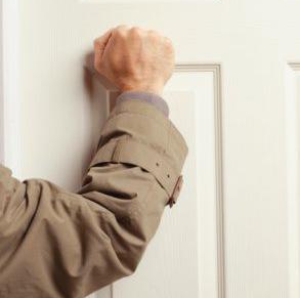 The powers …
The powers …SARS has a powerful new weapon. The Tax Administration Act (TAA), which has just come into effect, allows SARS to “search and seize” without first obtaining a court warrant. This enables the taxman to take immediate action to stop tax evaders from destroying records and hiding evidence during the period of delay that would normally precede the issue of a court warrant.…and the limitations
That’s a great boost for SARS in its fight against tax evasion, but our constitutional rights to privacy and fair administrative action require that strict limitations apply. Thus a warrantless search is only permitted if either:
- The owner or person in control of the premises consents in writing to the search; or
- If no consent is given, if a senior SARS official “on reasonable grounds” is satisfied that:
- There may be an imminent removal or destruction of relevant material likely to be found on the premises,
- SARS would have obtained a warrant had it applied for one, and
- The delay in obtaining a warrant would defeat the object of the search and seizure.
If it happens to you
Even if you are totally innocent of any wrong-doing, to have a team of SARS officials arriving unannounced on your doorstep is always going to be a traumatic experience, quite apart from the resulting disruption to your business activities. So what do you do if it happens?
- First check the officials’ SARS I.D. cards. These I.D. cards are a requirement of the TAA. And if you have any doubt as to the genuineness of any card, phone 012-4227435 to check.
- Then call in legal assistance immediately – you must of course co-operate with lawful requests made of you, but the TAA also gives you many rights and safeguards, and you are entitled to urgent access to the courts to enforce them if need be.
“My Home is My Castle” – can SARS search it?
Note that SARS may not without your consent enter your residence (“dwelling-house or domestic premises”), except any part that is used for business purposes.
© DotNews, 2005-2013. This article is a general information sheet and should not be used or relied on as legal or other professional advice. No liability can be accepted for any errors or omissions nor for any loss or damage arising from reliance upon any information herein. Always contact your legal adviser for specific and detailed advice.